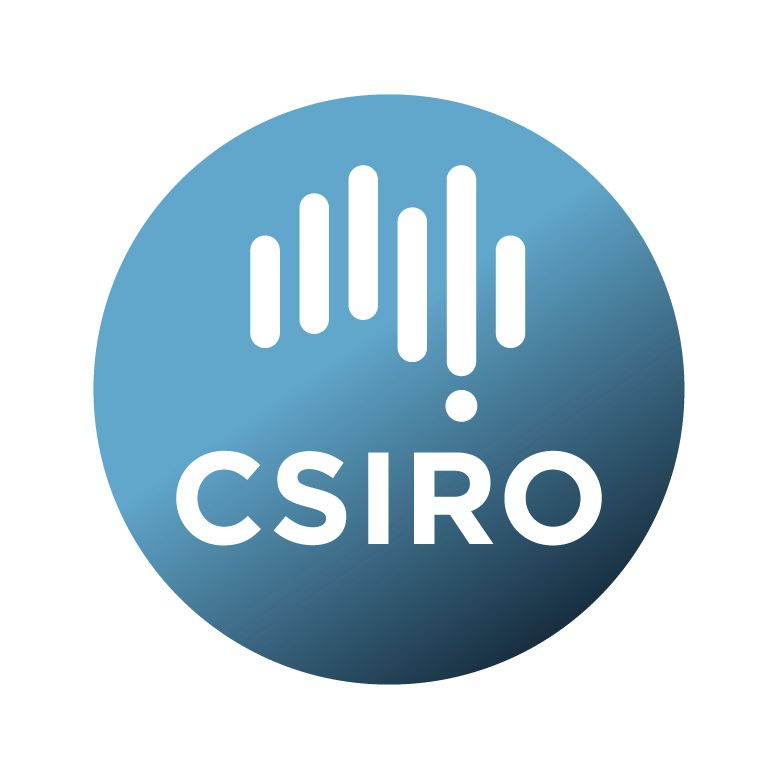Brief description
ASKAPsoft, the ASKAP Science Data Processor, provides data processing functionality, including:* Calibration
* Spectral line imaging
* Continuum imaging
* Source detection and generation of source catalogs
* Transient detection
ASKAPsoft is developed as a part of the CSIRO Australian Square Kilometre Array Pathfinder (ASKAP) Science Data Processor component. ASKAPsoft is a key component in the ASKAP system. It is the primary software for storing and processing raw data, and initiating the archiving of resulting science data products into the data archive (CASDA).
The processing pipelines within ASKAPsoft are largely written in C++ built on top of casacore and other third party libraries. The software is designed to be parallelised, where possible, for performance.
ASKAPsoft is designed to be built and executed in a standard Unix/Linux environment and core dependencies must be fulfilled by the platform. These include, but are not limited to, a C/C++/Fortran compiler, Make, Python 2.7, Java 7 and MPI. More specific dependencies are downloaded by the ASKAPsoft build system and are installed within the ASKAPsoft development tree. Specific to the Debian platform, after a standard installation of Debian Wheezy (7.x) the following packages will need to be installed with apt-get:
* g++
* gfortran
* openjdk-7-jdk
* python-dev
* flex
* bison
* openmpi-bin
* libopenmpi-dev
* libfreetype6-dev
* libpng12-dev
More information regarding the building, installation and running of the software can be found in the README file in the root of the file structure that forms this collection.
Source code can be accessed via the links in Related Materials section.
-----
A patch release, addressing a few bugs in both processing software and pipeline scripts
Pipelines:
* Changes have been made to the scripts to make them robust in
handling field names that contain spaces. This has also made them
more robust to being run in a directory with a path that contains
spaces.
* An update has been made at Pawsey to the module used for the
continuum validation task, and consequently a minor change has been
made to the continuum sourcefinding script.
Processing:
* Enhancements have been made to the continuum-subtraction task
ccontsubtract to speed it up - initial tests indicate a speed-up of
6-8x depending on platform.
* The Selavy fitting algorithm now defaults to including a test on
the size of the fitted Gaussians. This will prevent spuriously
large fits from making it through to the catalogue, which has had
detrimental effects in the calibration & continuum-subtraction.
* A fix was made to the imager, solving a problem where the
spectral-imaging option merged the first channel of its allocation
without checking the frequency.
Additionally, the user documentation has updated instructions about
how best to set the modules on galaxy so that everything runs
smoothly.
Available: 2019-05-02
Data time period: 2019-01-22 to ..
Subjects
ASKAP |
Astronomical Sciences |
Astronomical Sciences Not Elsewhere Classified |
Physical Sciences |
data reduction |
pipeline |
radio astronomy |
science data processor |
software |
User Contributed Tags
Login to tag this record with meaningful keywords to make it easier to discover
Identifiers
- DOI : 10.25919/5C5A4F7D302B5

- Local : 102.100.100/77938


